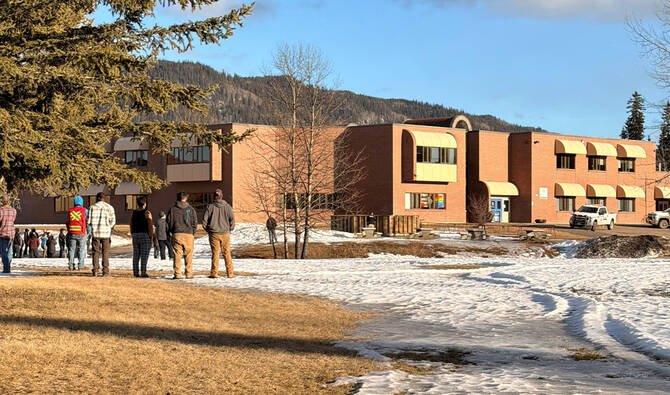Prime Minister Shehbaz Sharif emphasized the urgent need for more predictable, flexible, and grant-based financial assistance to help developing countries build resilient infrastructure and invest in sustainable development. Speaking at the two-day “Breathe Pakistan International Climate Change Conference,” organized by a local media group, Sharif highlighted that without such financial support, the goal of achieving climate adaptation and a green transformation would remain out of reach.
Sharif pointed out the paradox Pakistan faces in the climate crisis: despite contributing less than 1% of global emissions, the country is one of the most climate-affected in the world, suffering from devastating floods, glacial melt, extreme heat waves, and droughts. Reflecting on the catastrophic floods two years ago, which submerged a third of the country, displaced 33 million people, and claimed 1,700 lives, Sharif stated that the disaster turned climate change from a distant concern into an immediate crisis requiring urgent action.
The Prime Minister acknowledged the valuable frameworks his government inherited, such as the National Climate Change Policy 2021 and the National Adaptation Plan 2023. However, he admitted that these frameworks alone are insufficient and emphasized the need for governance reforms and the implementation of these policies. Initiatives like 5Es, 5Cs, and Uraan Pakistan are part of Pakistan’s strategy to incorporate climate resilience into areas like energy, equity, connectivity, and development.
Sharif called for a collective effort from all citizens, urging everyone, regardless of background, to contribute to Pakistan’s environmental sustainability. He expressed confidence that with concerted action, Pakistan can become a global leader in climate resilience.
















